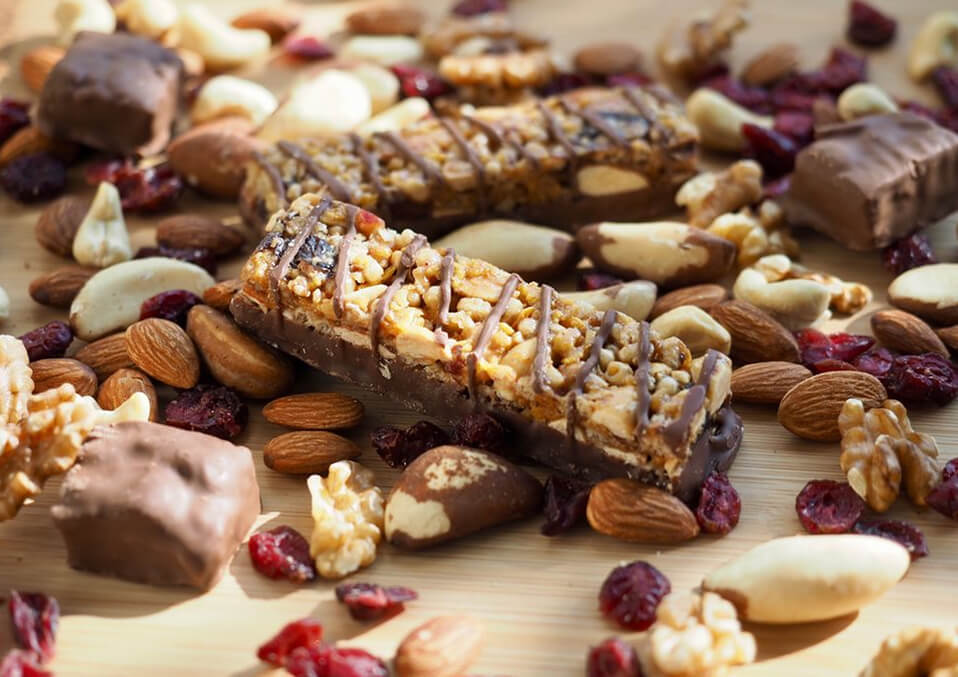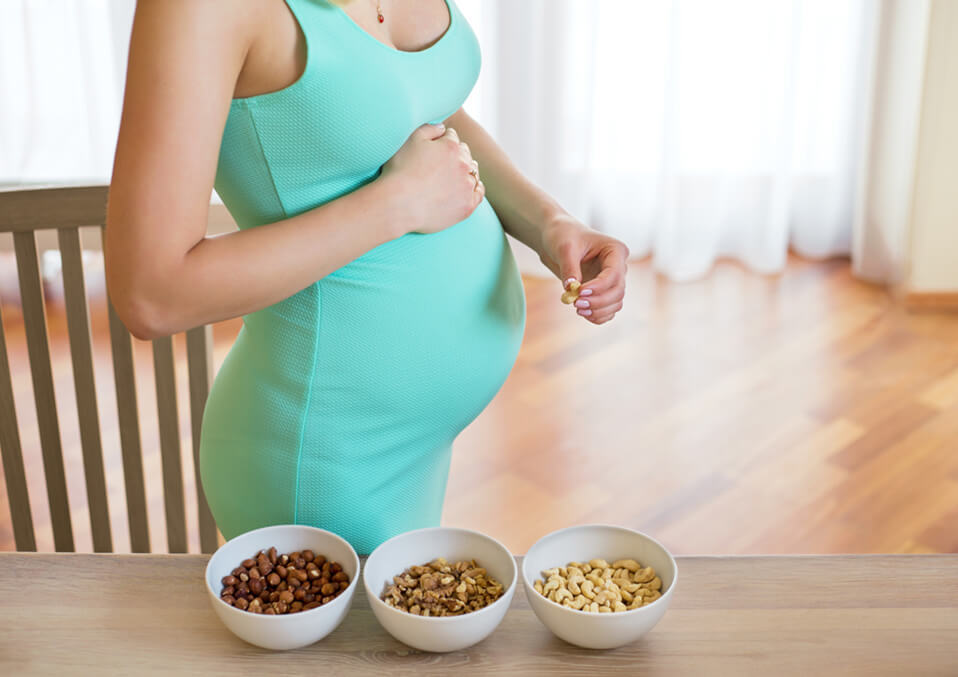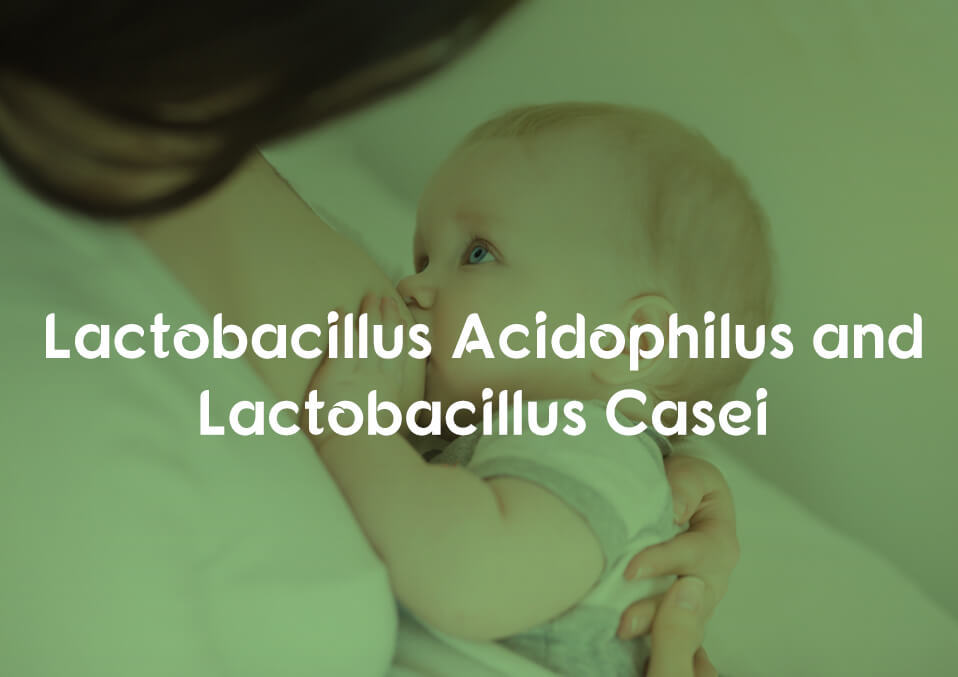
Are you wondering if there is anything you can do to reduce your child’s risk of developing serious allergies in the future? It is a good thing to ponder while you are expecting as allergies are on the rise and can be a reason for serious reactions such as anaphylaxis which is known to be life-threatening. One common type of allergy out there is nut allergy. With this, you will be curious if it is safe to eat nuts while you are pregnant. Will it be safe for both of you and your baby? Will it make your baby more likely to have a nut allergy, or exposure to it will give some defense against this type of allergy? Here’s everything you need to know about nut allergy during pregnancy.
What you need to know about nut allergy
There are reasons why a woman should avoid nuts during pregnancy. Nut allergy is the most common type of food allergy in the United States. The following symptoms include:
- Nausea or stomach cramps
- Difficulty in breathing
- Tingling in the mouth
- Hives
- Swelling in the tongue
- Anaphylaxis
Anaphylaxis is considered as a grave reaction, that is why it is life-threatening. During anaphylactic shock, an individual’s blood pressure drops, his heart rate accelerates, airways constrict, and his pulse becomes weak. Vomiting and severe nausea can also be the results. Note that if someone is experiencing anaphylaxis, immediately call 911.
You should carry an automatic epinephrine injector or EpiPen if you are someone who has been diagnosed with a nut allergy. It is the key medication for the treatment of anaphylaxis. There are times that nuts in the air are enough to trigger a reaction so the device should always be in your reach.
Nut allergy is often diagnosed at an early age of two years old. However, this allergy may not be present itself until later in life depending on the exposure. If you notice that your child might have a nut allergy, don’t think twice to consult an allergist.
A skin prick test may be recommended by an allergist. It is a procedure where it deposits a small amount of nut protein under the skin or a blood test. The allergist may suggest eliminating nuts or nut products from the diet meal for about two to four weeks if the results are not conclusive. This will be a basis to determine if symptoms improved after getting rid of the nuts.
Nut allergy during pregnancy

Some women may have an allergic reaction to food while pregnant. Eating peanuts in pregnancy is just one of the 100 things you can’t do while pregnant. You must feel safe consuming nuts during pregnancy if you are not allergic to it. However, if you have a nut allergy or to any food, then you should keep yourself away from them. Be mindful that nuts may be present in a variety of foods including:
- Cereals
- Chocolate products, candies and other confectionery
- Asian cuisine
- Granola bars
For pregnant women, nuts are considered a smart food. There are many benefits to eating peanuts during pregnancy. It is a powerhouse of folate and protein. Folate and folic acids are the queen vitamins and supplements during pregnancy. They play vital roles such as preventing birth defects and for the development of the spine and brain.
Your taste preferences and sense of smell will of course change drastically during pregnancy. If nuts are not agreeing with you, you can find other sources of protein and folate. One is a folic acid supplement which may be strongly suggested by your doctor regardless of your regular diet.
What is the risk of nut allergy during pregnancy?

Like any other allergies, nut allergies tend to run in the family. There’s a thinking that if someone in your family had a nut allergy, then you should avoid nuts during pregnancy. However, nut consumption during pregnancy is considered safe by this time if the expecting mom has no allergy to nuts, regardless of family history.
Experts in allergy stated that kids usually outgrow milk and egg allergies but nut allergy is more likely to be lifelong the same with fish and shellfish where only ten to twenty percent of people outgrow these. But on the bright side, exposure to nuts at an early age might protect kids from developing allergies to them. Studies according to JAMA Pediatrics note that nut allergies in children in the United States have increased more than tripled between 1997 and 2010. The figure shows that 1.4% of kids now have a nut allergy.
As mentioned above that nut allergy often begins at an early stage of childhood, researchers have looked at the link of pregnant women eating nuts and the possibility of danger in their children. The research started with analyzing kids born to mothers who stated their diet before, during, and after their pregnancy. In the end, the study found out that those kids whose mothers do not have an allergy to nuts and consumed the highest amount of it have the lowest risk of developing an allergy to the food. Also, they emphasize that the lower risk of allergy was not found in kids whose moms had an allergy.
What can you do to cut your child’s risk of getting a nut allergy during pregnancy?

Taking probiotics in the latter part of pregnancy and while breastfeeding may reduce the risk of allergies to your kids according to a piece of presented evidence from a study. This “good bacteria” is highly found in yogurts. Take greek yogurt specifically as it boasts added probiotics such as Lactobacillus acidophilus and Lactobacillus cases. However, the research didn’t have a strong enough basis to recommend probiotics to all expecting moms. But there is no harm in trying some supplements as long as your doctor gave you a green signal.
You may wonder what foods are off-limits while pregnant. That’s why you should always consult with an expert for your concerns about food consumption during pregnancy. After all, it is the health of your baby and yours that is talking about. Take note that healthcare providers are your great source. Well, pregnancy is a wonderful time, though you can’t prevent those anxious times as well. Every time that you have a concern, always seek for help to enjoy this exciting moment.
Read also:
- Pregnant? Give Sunflower Seeds a Shot!
- Amazing Benefits Of Eating Figs During Pregnancy
- Fascinating Benefits of Eating Walnuts During Pregnancy


